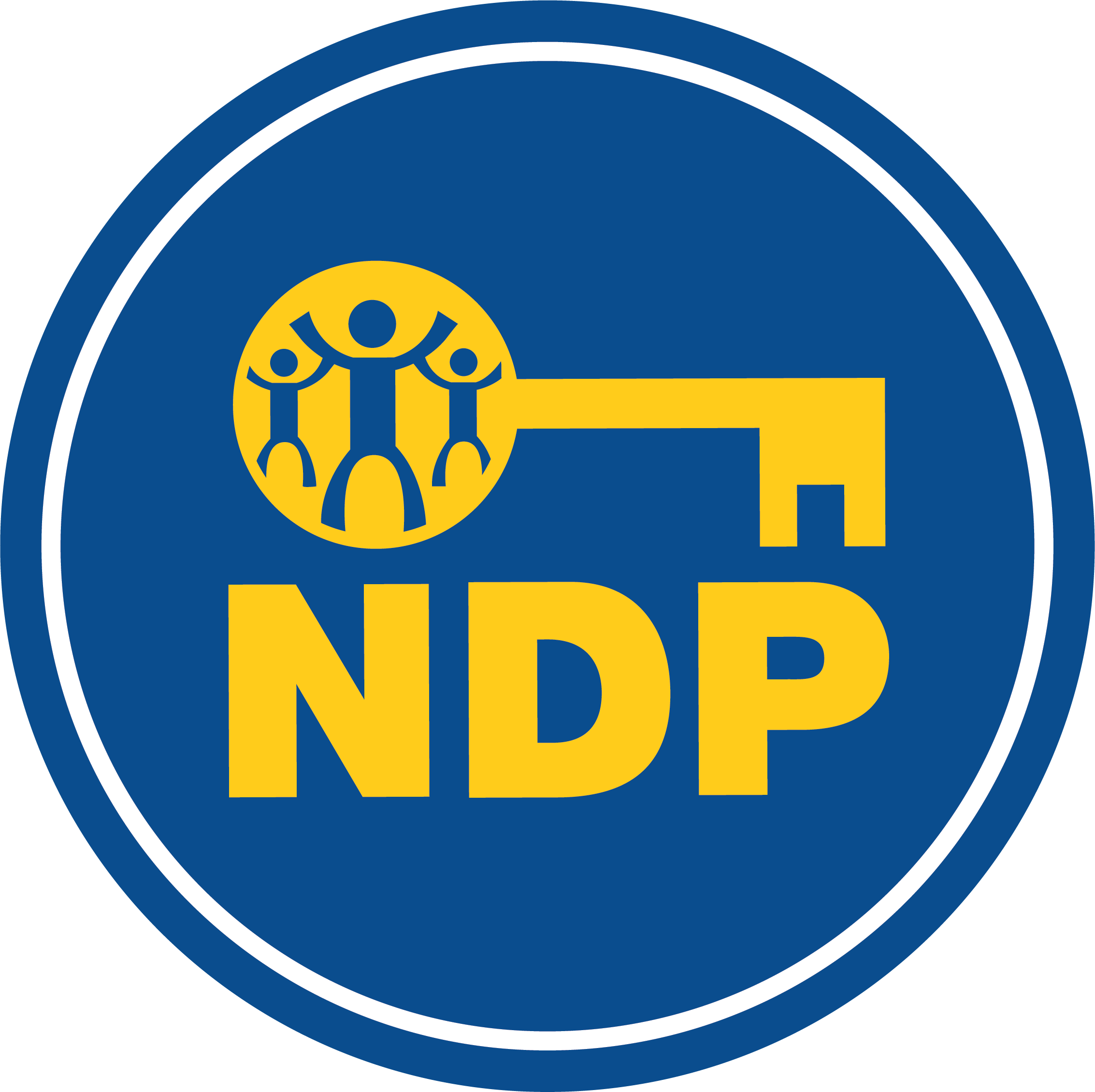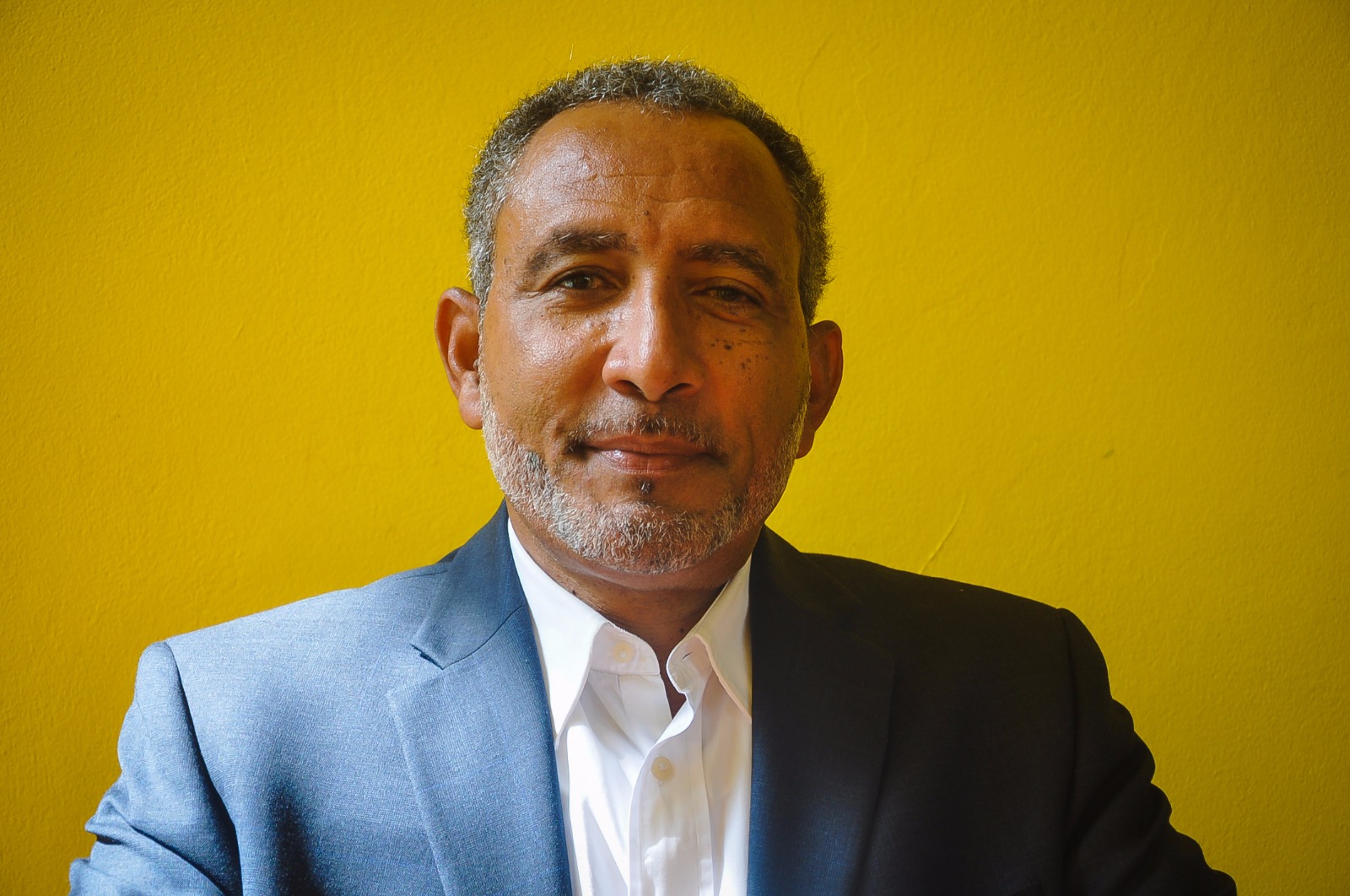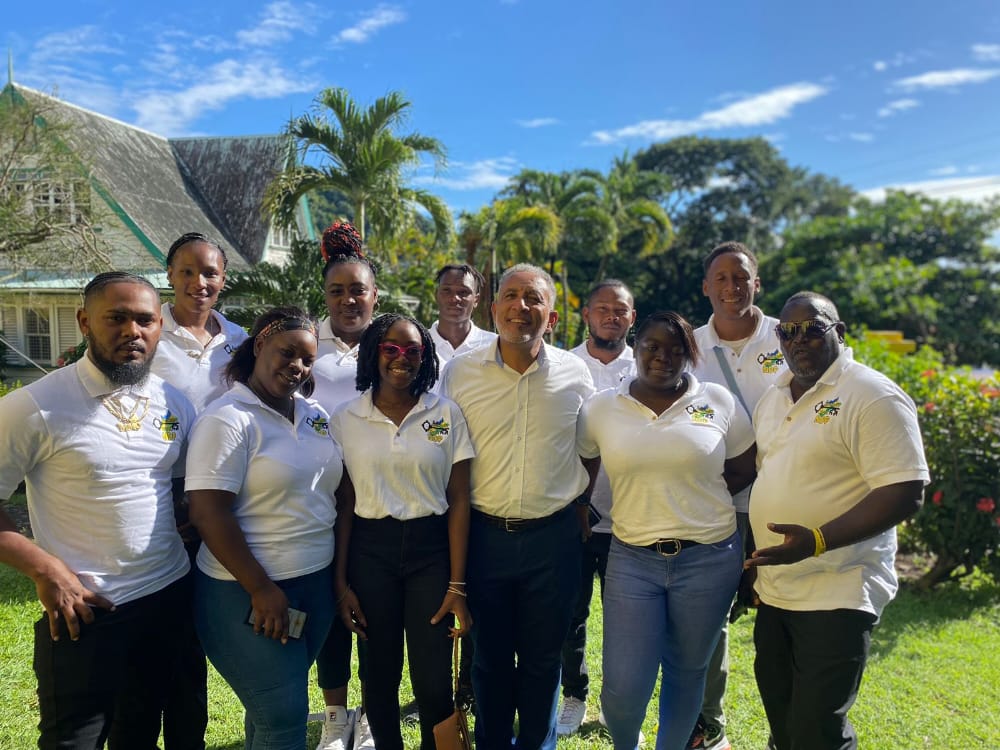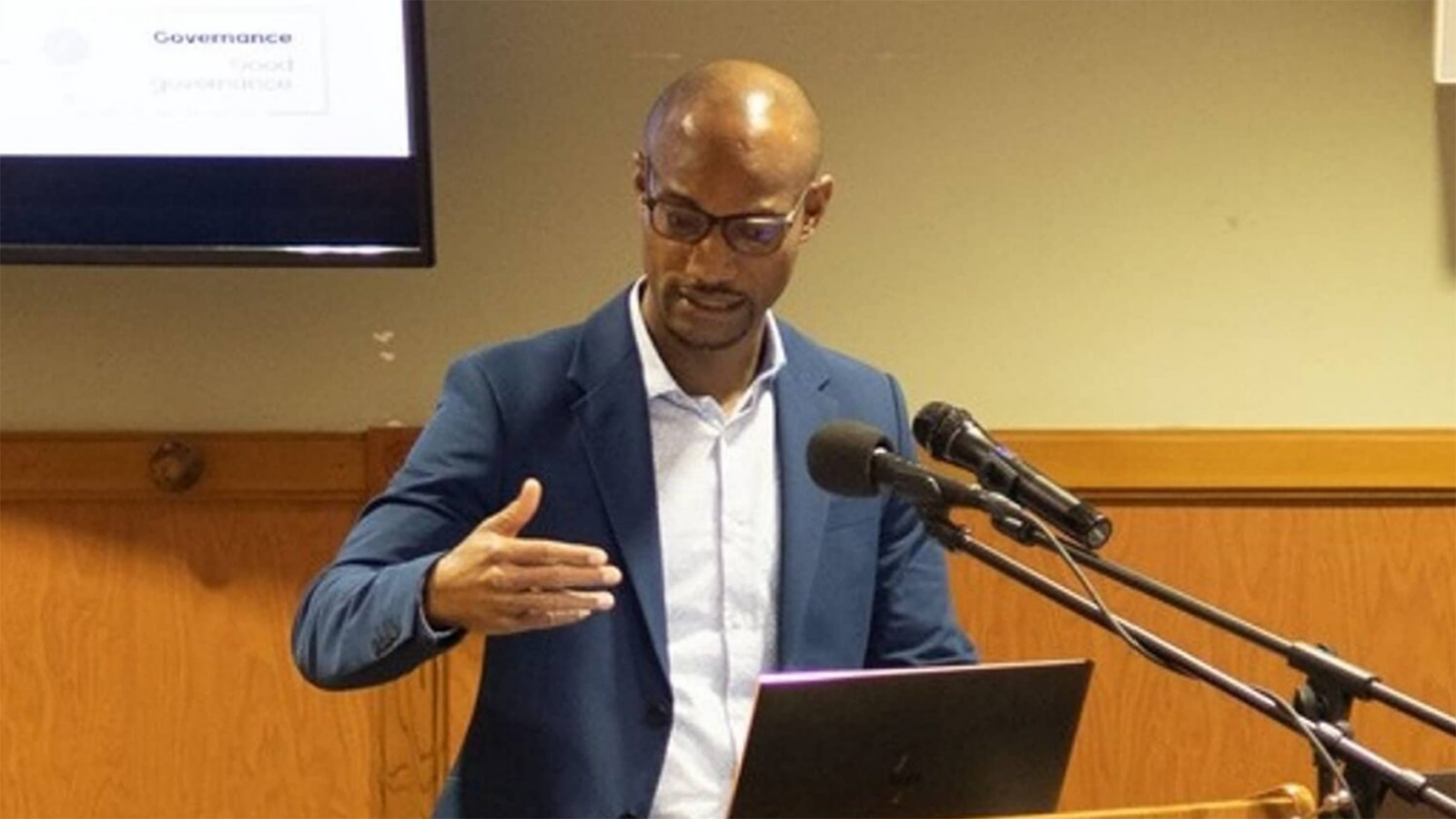(Excerpts of the Hon. Terrance Ollivierre’s Budget presentation)
Education is often a person’s most valuable asset. Undoubtedly, the education a person receives should adequately prepare him or her to reach full potential. That is an education that caters to the holistic needs of all individuals. In order for each person to perform at his or her best, emphasis must not only be placed on access but also on equity, quality and relevance. The real measure of our education system is how well it prepares and develops our people and the opportunities it affords to become active lifelong learners.
The Minister of Finance in his budgetary address stated, “The government has committed forcefully and unambiguously to investing in the full development of our untapped human potential in an unassailable historical reality that is known to all Vincentians.” However, has the ULP government adequately tackled the barriers to learning that many of the nation’s children face? The New Democratic Party has laid the foundation in the quest for spiritual, economic, moral, social, cultural and environmental development in St. Vincent and the Grenadines. Indeed, we continue to make education of our citizens the highest priority. Accordingly, we must rid the education system of the inefficiencies which plague the teaching and learning process and make education and learning a lifelong process.
Literacy and numeracy are the gateway to future learning and it is inextricably linked to better employability and upward mobility. There is no doubt that literacy and numeracy continue to affect many students. It is of concern that many students moving from primary to secondary level have not sufficiently mastered the 3 R’s (Reading, wRiting and aRithmetic). Poor Literacy and numeracy skills at the primary level are inextricably linked to the worsening of these problems at the secondary level and beyond. However, in the estimates for 2019, only a miserly amount of $40,000 allocated to improving reading from Kindergarten to Grade 3. It is important that we recognize, that for the notion of, ‘no child will be left behind’ to be reality, that attendance is not enough but that each individual learning to read, write and calculate is required for success. This is absolutely necessary throughout the education system.
There is the need to make serious provisions to embark on a national literacy and numeracy campaign to tackle the problem; thus providing our youths with opportunities for positive outcomes. We must recognize that the various stages of education operate as an eco-system. Weaknesses and deficiencies at one level if not properly handled or resolved only worsen the problem at the next level. Dr. Didacus Jules laid it out plainly when he stated, “Put simplistically, poor childhood development leads to weak primary performance which in turn translates into stunted secondary achievement which leads to mediocrity in tertiary education.” Thus, we must have the political will and creativity to formulate innovative and bold strategies to strengthen our efforts at all stages of the education system to achieve positive outcomes.
A study commissioned by the World Bank of twelve (12) secondary schools in 2011, showed that a high percentage of students entering the secondary system were reading below the required standard. Indeed, the problem is still evident today. Since the problem was not effectively treated; and the corrective remedial curriculum program delivered, optimized and assessed, we are faced with the series of interconnected deficiencies and weaknesses to overcome at the higher levels.
Meanwhile, an examination of the results of the national diagnostic tests offered to students at Grades 2 and 4 in English and Mathematics over the years highlight the problems faced. It shows the higher the grade level, the lesser successes students attain in the areas of Mathematics and English. Undeniably, in many of our primary schools, many students are struggling to achieve success in Mathematics and English language. The truth is that literacy and numeracy levels in our primary schools are unsatisfactory. This can contribute to further problems, mediocrity or failure throughout the education system.
The Caribbean Examiner, a publication of CXC, highlighted the struggles some of the youths in the region face to achieve success. In the recent edition, we become acutely aware of the consequences faced as a result of weak literacy skills. One youth acknowledged, “I was not a very good reader and it caused a lot of difficulties in class, because I didn’t want to be teased and judged by my peers. Many days I would skip classes by faking an asthma attack. I would then go and hang out with friends because they would not make fun of me because of my reading problems.” Eventually, he dropped out of school at age 14. We must be cognizant, that as a small developing country, helping our young people to stay in and complete their formal education is a worthwhile objective.
Many students at the secondary level find it difficult to achieve success at Mathematics and English at the regional examination (CSEC). In fact, many students do not get the opportunity to write Mathematics or English being barred by the school they attend. This is mainly due to difficulties faced with numeracy and literacy. Yet the pass percentage attained in these subject areas in some schools are below par. Of the 1647 entrance for the CSEC examination by St. Vincent and the Grenadines for 2018, 1461 were entered for English and 1305 for Mathematics. Hence 186 and 342 students did not get the opportunity to write English and mathematics respectively.
Of the 26 secondary schools, 17 obtained a pass percentage of less than 50 % in Mathematics, with only 9 schools recording pass percentage above 50 %. Although, it was the reversed for English A; nine schools received pass percentage below 50 % and 17 schools recording pass percentage above 50 %, the percentage pass rate at too many of our secondary schools are at 20 % range and below. Indeed, we must do better by implementing (i) targeted intervention for students who have weak literacy and numeracy skills and (ii) school wide reforms that are designed to enhance the teaching and learning environment.






